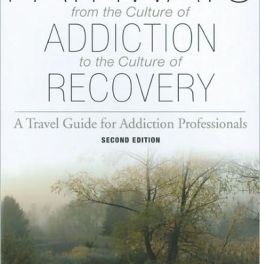Very recently, one of the most famous of all soccer players, Argentina’s Diego Maradona, suffered a blood clot in his brain, necessitating emergency surgery. That in turn was complicated by alcohol withdrawal. He became agitated and confused, essentially requiring detox on the surgical ward. Here’s the story:
Argentina great Maradona suffering from withdrawal symptoms while recovering from surgery
This is far from unheard of. Maradona’s problems with alcohol are no secret and those around him are openly hopeful this incident will, at long last, result in a solution. However it sounds as if it might have to be involuntary; the article suggests he’s already trying to leave the hospital.
At age 60, Diego faces problems involving the liver, cardiovascular system, and the brain– all interrelated, and all directly threatened if he returns to drinking. His attending physician seems to have attempted to address alcoholism before, with little or no success. This may represent a last chance.
I wonder if the patient is still capable of understanding the implications. At this late stage, many are not.
Counselors often wonder about physicians who become enmeshed with a patient who seems determined to continue his drinking despite the various crises that result. A few of the explanations that circulate:
- The doctor simply doesn’t understand addiction. Though medical training is better than it once was, it’s still routine to encounter practitioners who seem quite unprepared to deal with the addicted. An extreme example: one specialist complained that his patient continued to show up at his office smelling strongly of alcohol. “It’s disrespectful,” he said. “I’ve told him and told him to stop at least a few hours before his regular appointment, and he just will not do it.” “Maybe he can’t,” I pointed out, a suggestion that was quickly rejected. “Of course he can,” the physician insisted. “He doesn’t want to.”
- A codependent physician. Merriam-Webster defines that as “a psychological condition or a relationship in which a person is controlled or manipulated by another who is affected with a pathological condition (such as an addiction to alcohol or heroin).” It has been said that the healing professions attract a disproportionate share of such personalities.
- There are self-serving motives involved. In other words, the physician is getting something out of it. Money, perhaps. That’s a simple one. But it could also be about ego– my patient is important, therefore I’m important. A certain status is attached.
I’ll never forget one physician’s explanation for ordering yet another admission for his longtime patient, once again to a medical floor under some diagnosis that hid the fact that he was detoxing. “No, it probably isn’t doing him any good,” the physician told me, irritated that I would question his judgment. “Maybe we’re just prolonging the inevitable. But if I didn’t take the case, some other doctor would. And wind up doing the same thing.”
I wish that last part wasn’t true, but I suspect it may be.













